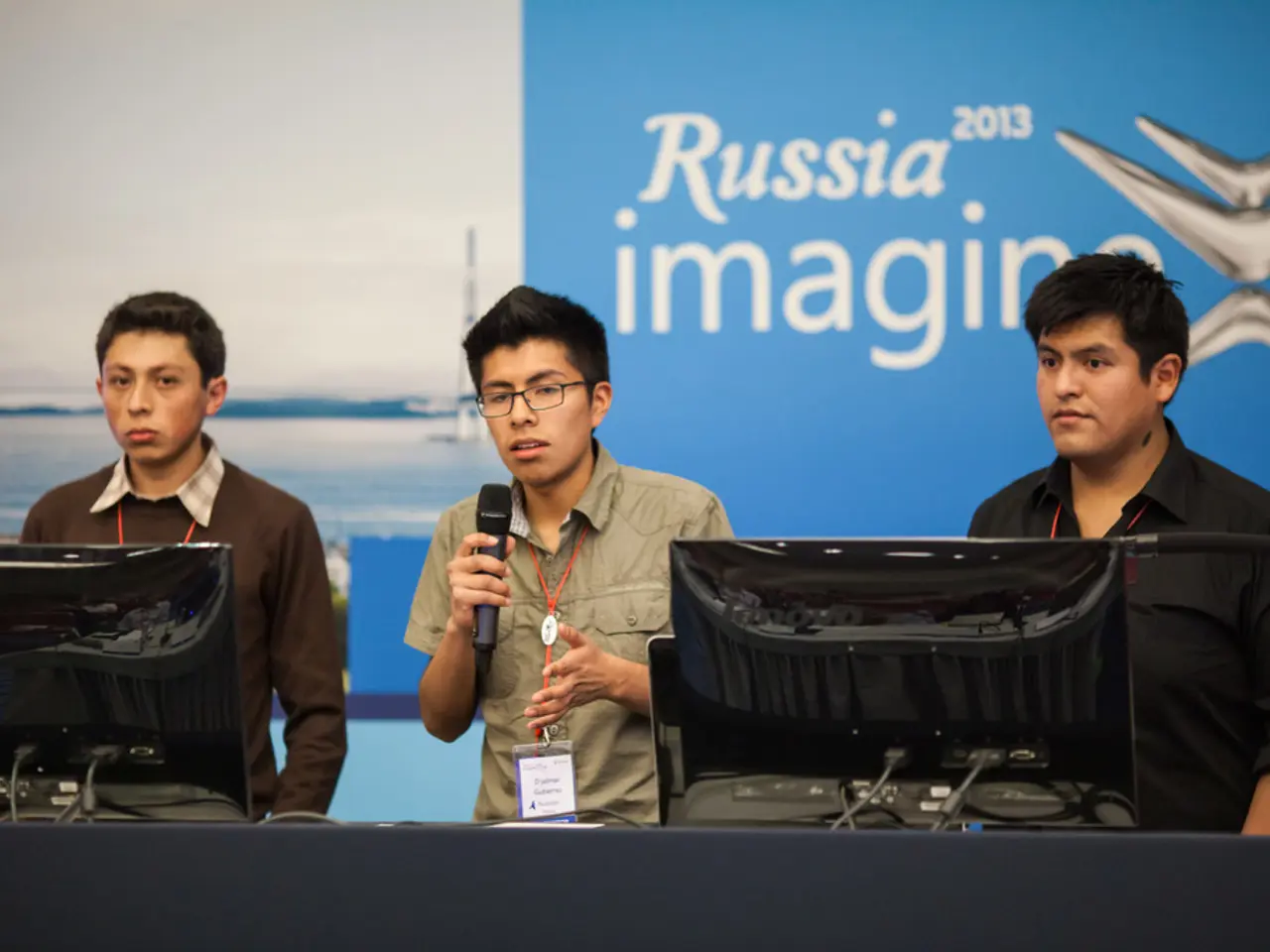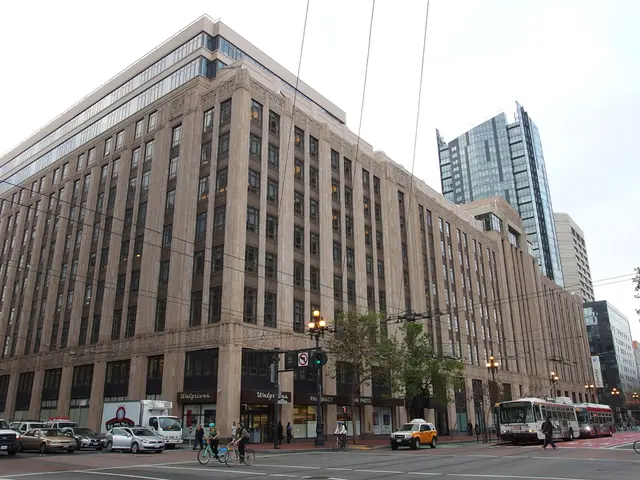Ukraine President Zelensky could be heading to Alaska for potential talks with US officials.
In the ongoing political landscape of August 2025, the situation involving Ukraine, the European Union (EU), Russia, and the United States remains tense, with the focus primarily on the ongoing war in Ukraine and disputes over territorial sovereignty and diplomatic inclusion.
The conflict persists with Russia continuing military actions aimed at asserting control over parts of Ukraine, which Moscow views as integral to its influence. On the other hand, Ukraine seeks security guarantees and international support, notably from NATO and the EU. The friction over Ukraine’s exclusion or marginalization in certain diplomatic meetings involving Russia and other powers has created frustration in Kyiv.
Recently, a high-profile summit took place at the White House involving former US President Donald Trump, Ukrainian President Zelenskyy, and European leaders. During this summit, Trump proposed further talks involving Putin, suggesting a trilateral meeting and a direct Zelenskyy-Putin meeting. However, Russia has rejected NATO troop deployments in Ukraine as part of any security guarantees and has only agreed to send senior officials for subsequent talks without concrete progress.
Trump’s approach, marked by attempts to negotiate peace framed as a "geopolitical real estate deal," has been criticized in Ukraine as favoring Russia's position and giving Putin a significant public relations boost. The Kremlin's aims appear less about specific land deals and more about asserting broader control over Ukraine as a state.
The United States under Trump has been urged by experts to maintain or increase pressure on Russia through sanctions and military support to Ukraine to prevent Putin from continuing the conflict effectively.
Meanwhile, the EU continues to support Ukraine politically and economically but has been navigating complex diplomatic relations with Russia, including managing the consequences of Ukraine's exclusion from some international meetings and negotiations related to the conflict.
Ukraine, seeking recognition in diplomatic processes, seeks security guarantees, support from NATO/EU, and a firm stance against Russian aggression. Russia, on the other hand, rejects NATO involvement in Ukraine, aims to maintain influence over Ukraine’s territory, and resists multilateral security guarantees. The United States (Trump-led) has proposed direct talks and peace deals but faces criticism for appearing conciliatory toward Russia, while experts call for increased sanctions and advanced weapons to Ukraine. The EU, in a delicate balancing act, supports Ukraine but must balance diplomatic engagement with Russia amid Ukraine's exclusion from certain talks.
This complex and evolving situation underscores deep divisions and lack of trust between the parties, with ongoing conflict and unresolved territorial disputes in eastern Ukraine. Today, the permanent representatives of EU member states will hold an extraordinary video conference meeting to discuss Ukraine and Gaza.
[1]: Source for information [2]: Source for information
Note: This article is intended to provide factual information and does not contain opinions or unrelated information.
- The ongoing tensions over Ukraine, a focus in both general news and political discourse, involve Ukraine seeking security guarantees and international support, such as from NATO and the EU, while Russia continues military actions and rejects NATO troop deployments as part of any security guarantees.
- Despite the recent high-profile summit at the White House and Trump's suggested trilateral meeting with Putin, the EU, in its delicate balancing act, must manage complex diplomatic relations with Russia, including Ukraine's exclusion from some international meetings and negotiations related to the conflict.








